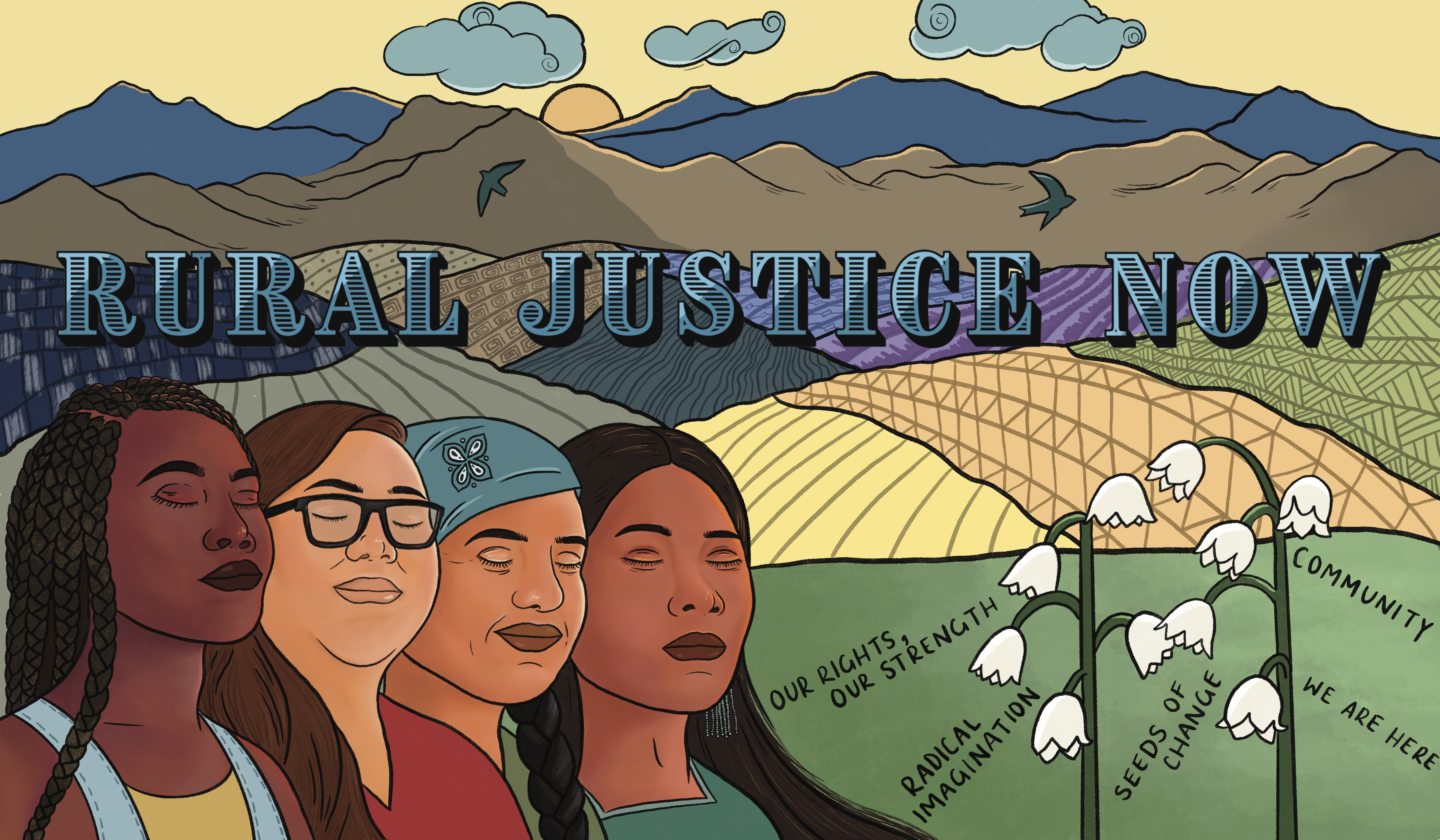“LA TIERRA ES PARA QUIEN LA TRABAJA”
Escrita por Jennifer Martinez-Medina, PhD Candidata en la Universidad Estatal de Portland, este último episodio de la serie “Voces Del Campo” narra como tratados de libre comercio han desplazado millones de familias campesinas a trabajar en un industria de comida en masa en donde pasan #CarenciaAlimentaria. Campesinx y Jaime Arredondo de la organización Capaces explican por qué la tierra se ha convertido en un lugar de lucha.
Las conversaciones de Voces Del Campo incluyen entrevistas con nueve trabajadores agrícolas en Oregon y Jaime Arredondo de Capaces. Sus episodios fueron escritos y producidos por Sandra Martin, Bienestar; Gabriela Pérez Báez, Departamento de Lingüística, Universidad de Oregón (UO); Valentín Sánchez, Centro Legal de Oregón (OLC); Jennifer Martinez-Medina Candidata a doctorado en la Universidad Estatal de Portland (PSU); Anabel Hernandez-Mejia, Farmworker Housing Development Corporation (FHDC); y Ubaldo Hernandez, Comunidades Amplificadoras de Voces por la Justicia Ambiental y Social.
La asistencia de producción estuvo a cargo de Li Schmidt, Narrador Asociado e Investigador del Instituto de Estudios Rurales de California y Caroline Collins, Ph.D., (Especialista Posdoctoral en UC Irvine, investigadora afiliada en UC San Diego y productora de Cal Ag Roots en el Instituto de Estudios Rurales de California). La ingeniería de audio estuvo a cargo de Li Schmidt.
Este proyecto fue posible gracias al apoyo de Ford Family Foundation, Casa of Oregon, y el 11th Hour Project at the Schmidt Family Foundation.
El arte fue creado por Javier Salazar. La música para la serie Voces del Campo fue creado por Santiago Ventura. Otra música fue creado por Daniel Kaede “Imminent Storm”, Cumbia Connection “No se porque,” “Mi Cumbia,” y “Abuela Canela,” y Vendla “Rioverde”.
“THE LAND IS FOR THOSE WHO WORK IT”
Written by Jennifer Martinez-Medina, PhD Candidate at Portland State University, this final episode of the Voces Del Campo series narrates how free trade agreements have displaced millions of peasant families to work in a mass food industry where they experience #FoodLack. Campesinx and Jaime Arredondo from the organization Capaces explain why the land has become a place of struggle.
Voces Del Campo Conversations include interviews with nine farmworkers across Oregon and Jaime Arredondo from Capaces. Its episodes were written and produced by Sandra Martin, Bienestar; Gabriela Pérez Báez, Department of Linguistics, University of Oregon (UO); Valentin Sanchez, Oregon Law Center (OLC); Jennifer Martinez-Medina, PhD Candidate at Portland State University
(PSU); Anabel Hernandez-Mejia, Farmworker Housing Development Corporation (FHDC); and Ubaldo
Hernandez, Communities Amplifying Voices for Environmental and Social Justice.
Production assistance by Li Schmidt (Associate Storyteller and Researcher at the California Institute for Rural Studies) and by Dr. Caroline Collins(Postdoctoral Fellow at UC Irvine, Affiliated Researcher at UC San Diego, and Cal Ag Roots Producer at
the California Institute for Rural Studies). Audio engineering by Li Schmidt.
This project was made possible with support from the Ford Family Foundation, Casa of Oregon, and the 11th Hour Project at the Schmidt Family Foundation.
Art by Javier Salazar. Voces del Campo series music by Santiago Ventura. Other featured music by Daniel Kaede “Imminent Storm”, Cumbia Connection “No se porque,” “Mi Cumbia,” and “Abuela Canela,” and Vendla “Rioverde”.












